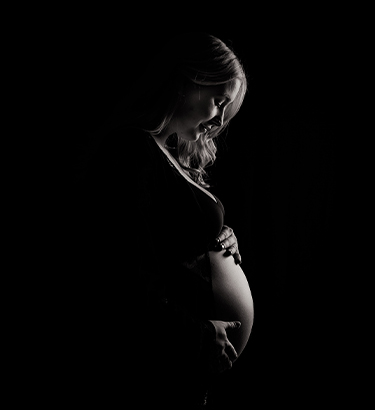
Finding out you're pregnant might be the happiest day of your life. But pregnancy is a journey; even if you're nothing but thrilled by the news, other emotions may follow.
"Pregnant people have the societal pressure to feel and act happy, and that pressure forces them to hide their true (unhappy) feelings due to shame," explained Karen Balumbu-Bennett, LCSW, a mental health therapist in Long Beach, California.
There are so many factors of pregnancy that can influence how you feel, from hormones and physical changes to the stress of finances, work, relationships and anxiety about your pregnancy. These factors, along with your psychological and physical reactions to them, can change throughout pregnancy. Sometimes in ways that are unexpected—which can make it hard to be honest about those feelings.
"Pregnant people deserve to share any and all feelings they experience—especially the unhappy ones," Balumbu-Bennett emphasized.













